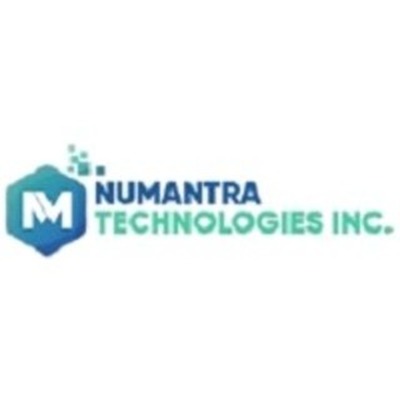The average mid-sized company utilizes 150+ apps. More than a third of an eight-hour workday is devoted to the typical worker doing routine computer-based duties via the use of various programs. Companies are essentially forking out sixty hours for tasks that don't advance the company's mission. Using RPA, a lot of these internal procedures may be made better. So, let’s learn more about it in the article below.
What is RPA?
Robotic process automation (RPA) is software that automates routine, tedious, or otherwise labor-intensive operations based on predefined rules. Robotic process automation (RPA) may automate administrative processes that were previously conducted manually in a predetermined workflow and require the launch and interaction with many apps and software programs.
Onboarding new employees, processing invoices and claims, creating lists of marketing promotions, updating customer relationship management systems, and many more similar activities are examples of repetitive work.
Benefits of RPA
While RPA has many positive effects, freeing up workers' time to concentrate on higher-value activities is one of the most important. Rapid process automation (RPA) has an infinite amount of time to execute a large number of stages at fast speeds.
It saves money by decreasing the need for personnel to do repetitive, menial operations, boosts customer happiness, promotes accuracy and security by reducing the likelihood of human mistakes, and does not need configuration at the IT level.
There is no need to purchase additional software or hardware to set up, personalize, or integrate RPA software; it is compatible with all current programs and applications. The configuration is flexible enough to accommodate a wide variety of uses and applications.
Industries that benefit from RPA
Any industry that deals with digitally repetitive operations may profit from robotic process automation, but others see much more significant returns. Among the many sectors in which RPA excels are the retail, hospitality, healthcare, insurance, banking, and financial services sectors. For instance, RPA's efficiency and speed are improving client interactions and cutting costs in the banking and financial services sectors.
Services related to banking and finance
The customer-facing processes in banking and finance, including account opening and onboarding, mortgage lending, and loan processing, are notoriously time-consuming. Robotic process automation (RPA) significantly decreases processing times for various tasks, leading to happier customers.
Additionally, regulatory concerns and anti-money laundering procedures sometimes need human intervention. Because RPA helps to decrease the likelihood of human mistakes, its use in such processes allows for faster alert delivery and the failure or crucial error-free meeting of compliance criteria. The use of robotic process automation in banking has many benefits, including increased productivity and efficiency, less mental strain for employees, and a better experience for customers.
Risk coverage
Robotic process automation improves efficiency and delights customers in the insurance industry's repetitive tasks. Insurance, like banking, has a number of tedious, repetitive processes, such as filling out registration and onboarding documents. Both of these sectors have seen advancements in the business, along with shorter turnaround times and more accurate data in claims processing, underwriting, policy administration, and regulatory compliance.
Another domain where automation is making waves is RPA in insurance companies, which is done on mainframes. Insurance, banking, and RPA platforms rely heavily on these kinds of legacy systems for day-to-day operations.
Conclusion
Several industries have begun the process of integrating RPA into their operations as a way to seize opportunities and deploy system-based solutions more quickly and easily than via massive transformations.
These services automate manual, repetitive, and time-consuming procedures. Automating such repetitive tasks would lead to increased productivity, significantly reduced mistake rates, and faster turnaround times. Having a partner that has proven expertise in RPA personnel, technology, and tools is crucial throughout the RPA implementation process.




